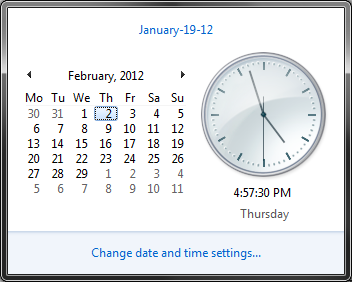India delays Web censorship hearing against Facebook, Google


Earlier this week, Facebook and Google told the Delhi High Court they cannot block offensive content that appears on their services. Although the case was originally filed in a lower court, the companies have appealed to the Delhi High Court, challenging the lower court's ruling asking them to take down some content. The high court has now pushed back the case till February 2, according to NDTV. If their petitions fail, the 21 companies will have to face trial in the lower court, which has its next hearing scheduled for March 13.
The case causing all this brouhaha first began with a private complaint filed by journalist Vinay Rai against "21 social networking sites." The list features 10 foreign-based companies, and could affect websites provided by Facebook, Google, Microsoft, Yahoo, and YouTube. He filed a complaint last December saying the websites were showing images that seek "to create enmity, hatred, and communal violence" and "will corrupt minds." The charge is that they've allowed material offensive to Christians, Hindus, and Muslims. The punishment for such offenses can be several years of jail time and financial penalties. Representatives of the 21 companies were thus summoned to court and a long proceeding began.
Siddharth Luthra, one of Facebook's lawyers, told the court it was impossible for the social network to pre-screen and monitor everything and that instead users should be held responsible for content they post. Justice Suresh Kait, the judge in the higher court, two weeks ago threatened to block the websites if they don't comply. When the companies in question told him they have a global policy of non-interference even if content posted on their services are found to be obscene or objectionable, he responded by saying this policy won't work in India.
Kait was quoted as saying: "Like China, we too can block such websites." Neeraj Kishan Kaul, one of Google's lawyers, last week replied by saying this was a constitutional issue and not taking away freedom of speech separates democratic India from a totalitarian regime like the one in China.
Last year, India passed a law that makes companies responsible for user content posted on their websites, requiring them to take down anything deemed offensive ("ethnically objectionable," "blasphemous," or "grossly harmful.") within 36 hours in case of a complaint. Civil rights groups are opposed to the law but politicians argue posting offensive images in the socially conservative country with a history of violence between religious groups presents a danger to the public as Internet use grows.
Both Facebook and Google have previously said they can't and won't censor content in the country, but now they're asking a high court to reverse a lower court's decision. The companies argue they can't be held legally responsible under the law for content posted by third parties, regardless of offensive someone may find it.
Although India is democratic (in fact, it's the world's largest democracy), many fear the country will resort to censorship. The case has quickly become a major part of the debate over free speech in the country.
See also: